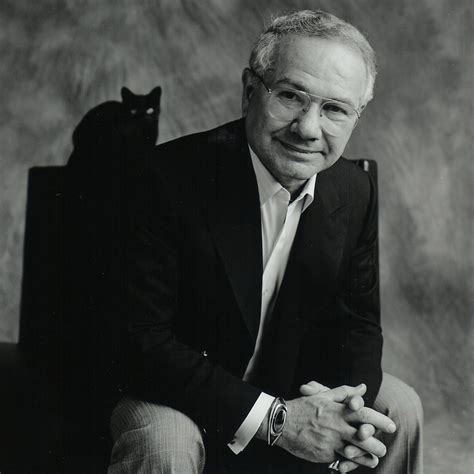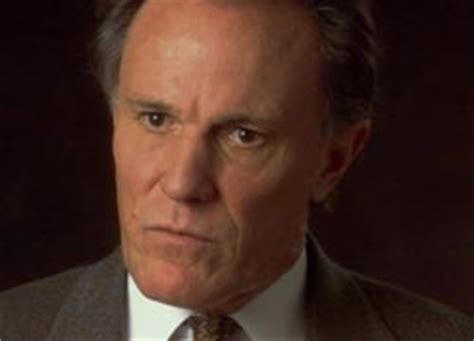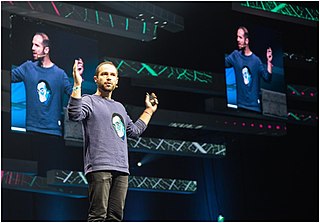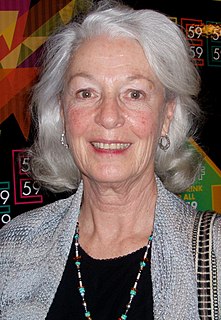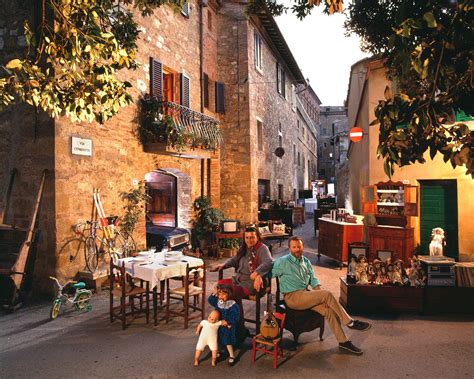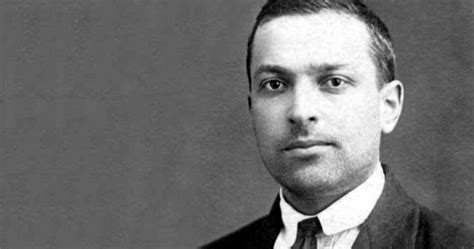A Quote by Elliot W. Eisner
The arts teach children that in complex forms of problem-solving, purposes are seldom fixed, but change with circumstance and opportunity.
Related Quotes
The world will teach our children if we do not, and children are capable of learning all the world will teach them at a very young age. What we want them to know five years from now needs to be part of our conversation with them today. Teach them in every circumstance; let every dilemma, every consequence, every trial that they may face provide an opportunity to teach them how to hold on to gospel truths.
The first and foremost duty of the high school in teaching mathematics is to emphasize methodical work in problem solving...The teacher who wishes to serve equally all his students, future users and nonusers of mathematics, should teach problem solving so that it is about one-third mathematics and two-thirds common sense.
When we teach a child to sing or play the flute, we teach her how to listen. When we teach her to draw, we teach her to see. When we teach a child to dance, we teach him about his body and about space, and when he acts on a stage, he learns about character and motivation. When we teach a child design, we reveal the geometry of the world. When we teach children about the folk and traditional arts and the great masterpieces of the world, we teach them to celebrate their roots and find their own place in history.
